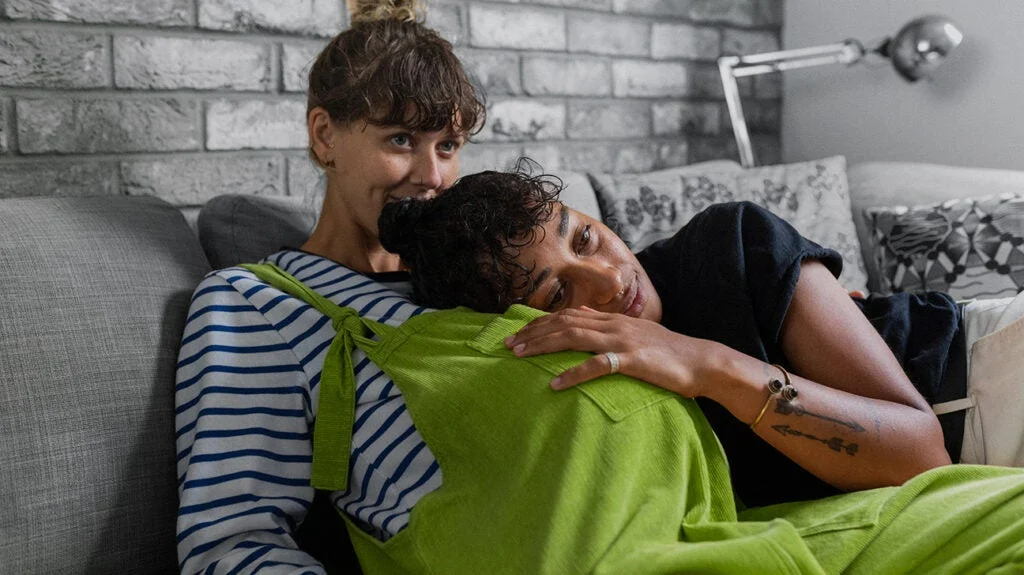When I finished law school, I landed a job as an associate at a large law firm. The work was dull, and the hours stretched endlessly, but I genuinely enjoyed my colleagues. There was one female partner, though, who struck me as abrasive. We didn’t interact much, and I had no real reason to feel this way—she was always fair and polite. Yet, something about her demeanor felt distant, and, to be honest, she made me a little uneasy. My instincts warned me I should dislike her.
This same gut feeling surfaced when I thought about Hillary Clinton. As a Democrat, I didn’t have political issues with her, but I just couldn’t warm up to her. She appeared overly ambitious, aggressive, and unapproachable. I didn’t bother to delve into her background or the allegations surrounding her; what I gleaned from the news and hearsay was enough to set off alarm bells in my mind. Again, there was no solid reasoning behind my feelings, but my gut told me I shouldn’t like her.
Over the years, however, I started to question my instincts, and what I found was uncomfortable and enlightening. How could I, a liberal and open-minded woman, fall prey to sexism? I thought I was above it all. Yet, my aversion seemed unjustified; could it actually be rooted in biases I didn’t even recognize?
The truth is we all have been shaped by a society steeped in sexism. Just as a non-smoker can smell like cigarettes after time with a smoker, we are all influenced by the gender biases that permeate our culture. Ignoring this reality is like pretending a bad odor doesn’t exist while holding our noses.
It wasn’t until I acknowledged I was a product of a sexist society—one that teaches girls to be charming but not too charming, emotional but not overly so, and to view their work as less valuable—that I began to understand how my opinions about women had been skewed over the years. Being born in the late ’70s, I found it hard to grasp the struggles of the generations before me who fought to break through the glass ceiling.
This slow realization shifted my perspective on women like Hillary Clinton and that partner at my law firm. The real issue lay not with them but with me—and with all of us.
I often hear people say, “I just don’t like her,” but when pressed for reasons, they offer vague responses about emails or Benghazi (issues that have long been resolved). Yet, Hillary has consistently demonstrated her capability and dedication to public service. She played a key role in establishing the State Children’s Health Insurance Program (CHIP) for uninsured kids, championed the Adoption and Safe Families Act, and secured $21 billion for the redevelopment of the World Trade Center site. As Secretary of State, she visited 112 countries, advocated for global economic concerns, and introduced initiatives for food security.
Yet, we’re still fixated on her pantsuits and scrutinizing her facial expressions. Enough already!
In recent months, I’ve not only come to accept Hillary, but I’ve grown to genuinely appreciate her. After attending one of her speeches, I was more convinced than ever that she is equipped to lead our country. Sure, she has flaws and has faced her fair share of scandals, but show me someone who hasn’t. It’s an impossible task to remain unblemished after years in the public eye.
Despite her imperfections, she is a unifier, a champion for those without a voice, and someone who stands up for the underdog. She’s relatable, inspiring, and genuine. If she were a man or had a different last name, she wouldn’t just be liked; she’d be adored. That’s not her issue; it’s ours.
We have a problem with sexism, a penchant for idolizing celebrities, and a tendency to mask hatred as fear. Until we confront these issues collectively, we will continue to navigate a toxic environment, pretending the air is fresh.
If your feelings about Hillary are simply “I just don’t like her,” take a moment to reflect. Dig deeper and explore why you feel that way. Then let’s discuss it.
Women, not just Hillary, are held to impossible standards. We can’t show ambition without being labeled as unmotherly, yet if we prioritize family, we’re seen as falling behind. It’s a no-win situation, and we must recognize that men aren’t solely to blame for these entrenched biases. Everyone plays a role in both perpetuating and combatting sexism.
While there are still some policy issues I don’t see eye-to-eye with Hillary on, she remains the most qualified candidate in this election. We don’t have to like every facet of a president; they aren’t our friends. They are leaders, and while we may not align on everything, it’s crucial to find common ground.
I may have initially leaned toward Bernie Sanders, but I’d still choose Hillary over any other candidate. We can’t create a perfect candidate because they don’t exist. We need to select the person whose principles align most closely with our own, especially when the stakes are this high.
In this election, if you’re still not on the Hillary bandwagon, the problem is yours. If that unfortunate orange candidate ends up in office because of your inability to overlook your “issues” with her, you will be responsible for the chaos that follows.
In conclusion, we must recognize the cultural biases that cloud our judgments about women in leadership. Understanding and addressing these issues is essential for creating a more equitable society.
